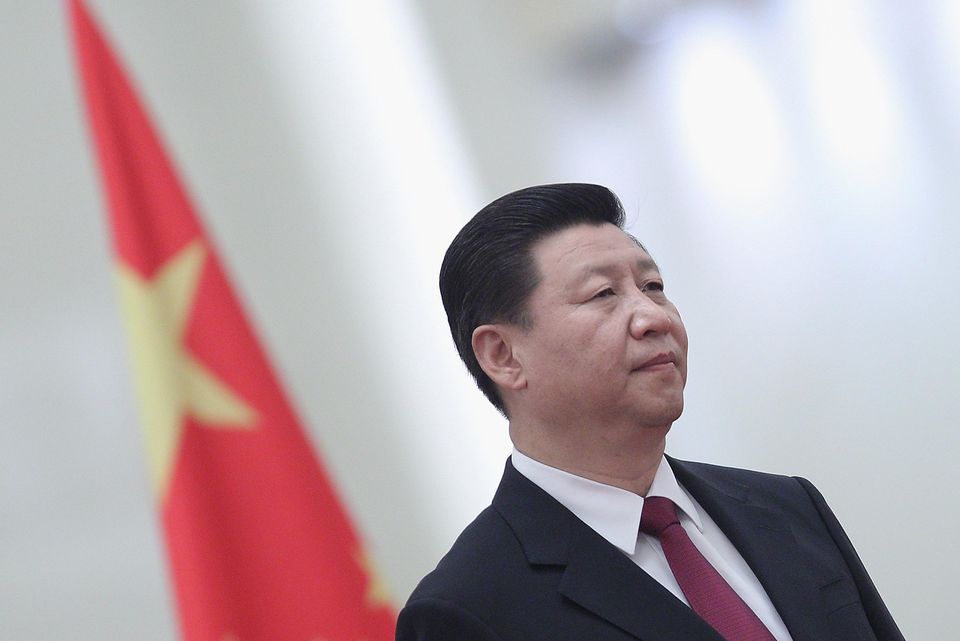The Indian companies have decided to stay away from Chinese 5G gear makes- Huawei and ZTE- and declared American and European companies as preferred 5G technology partners. A company led boycott of Chinese companies is not unique to India and it is happening in countries around the world. Canada’s major telecom players has decided to boycott Chinese companies and the same goes with many companies of Italy, United Kingdom and the United States.
The resentment against China is so much that the Chinese companies are practically banned in every country without a government ban. The anger against Chinese establishment is leading to people led, community led, and company led boycotts of Chinese companies. This helps the governments as they do not get the blame of banning Chinese players and continue to play by rulebooks of global trade while the aim of kicking Chinese players out of the market is also being met.
The Indian telecom players will now go with European players or develop their own 5G capacity. “Bharti Airtel and Vodafone Idea have opted for Finland’s Nokia and Sweden’s Ericsson while BSNL plans to partner state-run Centre for Development of Telematics (CDoT),” said a report by Economic Times.
Jio, the largest telecom player in the country with more than 40 crore users, has decided to go with a hybrid model. In some circles it is collaborating with Samsung, the South Korean giant while for others it has submitted proposals for trial of indigenous technology. “Jio has submitted an application to trial its own 5G technology in south Mumbai and Navi Mumbai areas, while it intends to do trials with Samsung in other areas like Bandra Kurla complex, and Kamothe and Solapur in Maharashtra,” quoted ET.
China earlier used to use non-tariff measures to protect domestic companies from foreign companies, and this helped the country to gain a market economy status with International bodies while continuing to be a protectionist state led economy. “China has been very effectively using non-tariff barriers to curb imports that it wants to avoid. On the other hand, it also uses these restrictions as a political tool to control bilateral relations,” said Biswajit Dhar, a senior trade policy expert and professor at Jawaharlal Nehru University.
Now countries around the world including India have started taking non-tariff measures against Chinese companies in order to kick them out of the market. In the last few months, the government has used many non-tariff barriers at its disposal to bar Chinese goods entering the Indian market.
The people led, community led, company led, industrial body led, traders led boycotts are also part of non-tariff measures against Chinese companies. For example, in June this year, Confederation of All India Traders (CAIT), the apex body of the traders’ union which represents 4,000 traders’ bodies and more than 7 crore traders across the country, decided to boycott Chinese goods worth more than 1 lakh crore rupees– 13 billion dollars approximately– by December 2021 and it has been huge success so far, with imports from China down by around 25 percent. The industrial and trade bodies in Europe and America are also taking the same measures.
The country has seen repeated calls for the boycott of Chinese goods whenever there are border skirmishes, and in the festive seasons like Diwali. But once things are back to normal, it is business as usual and people are again dependent on Chinese goods.
However, this time, due to the active leadership of CAIT and supportive policies from the Modi government, the boycott has been very successful in the last few months. The boycott of Chinese goods and services has been hugely successful in the United Kingdom and to a great extent in European Union countries, too. In America, despite the repeated calls by Trump, it has witnessed less impact due to lack of domestic capacity, but, over the period of time it will also follow the rest of the world because the resentment against is too much to be quelled by any factor.

